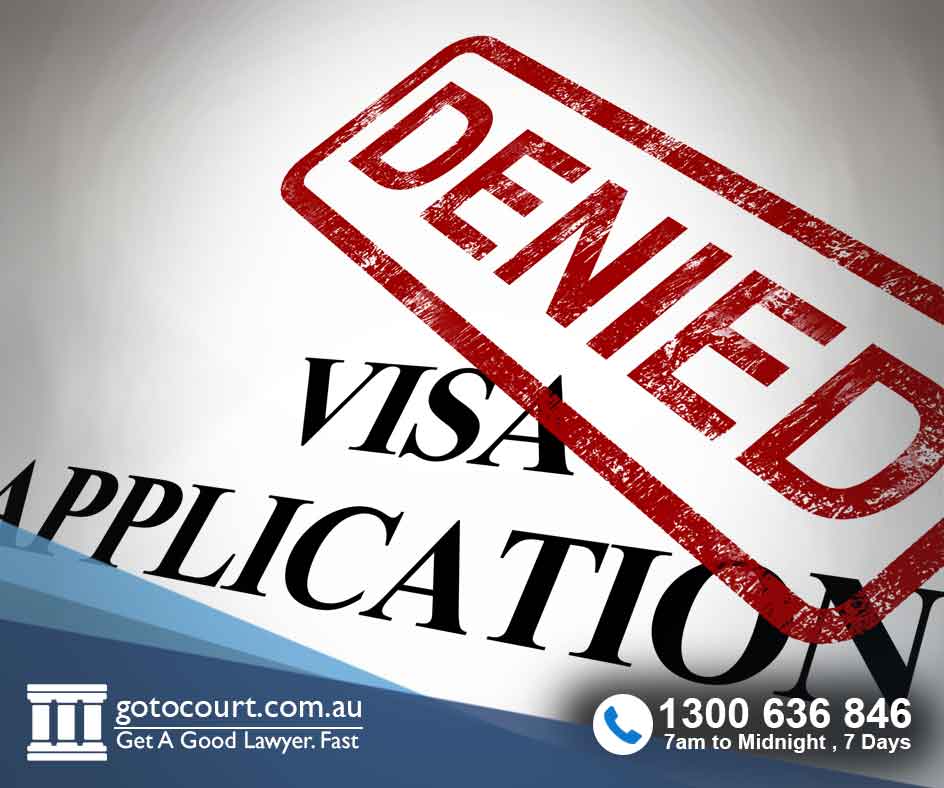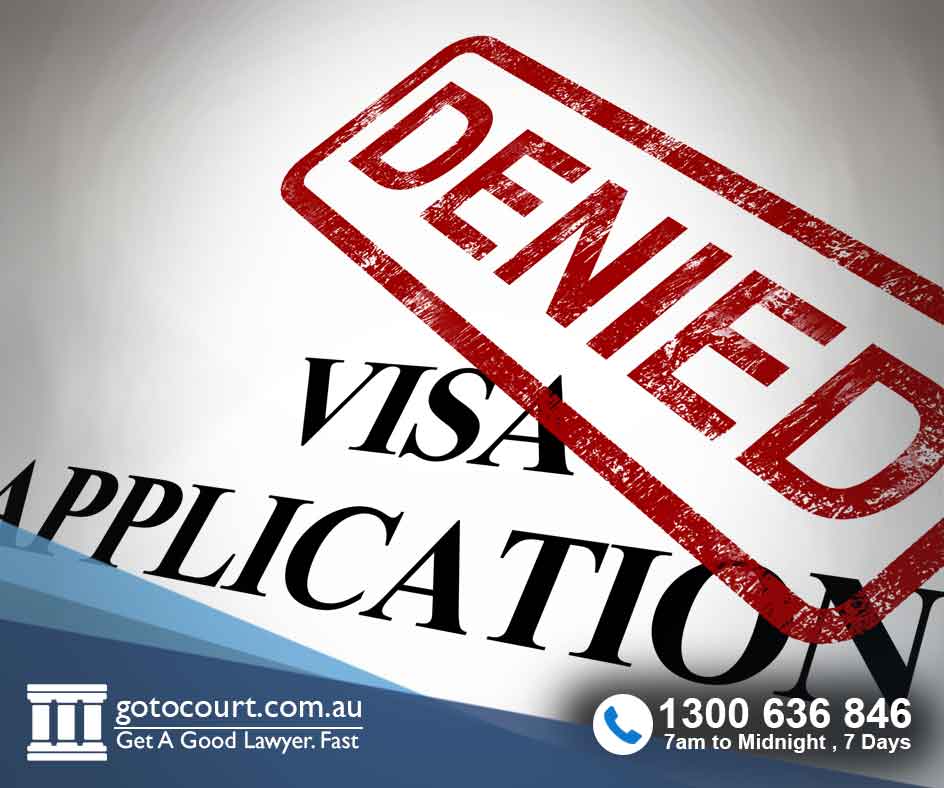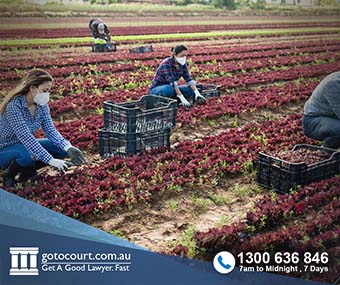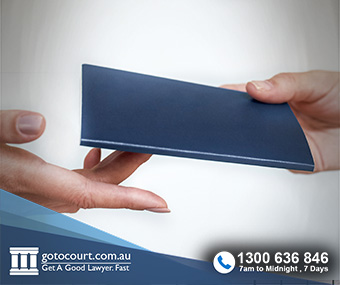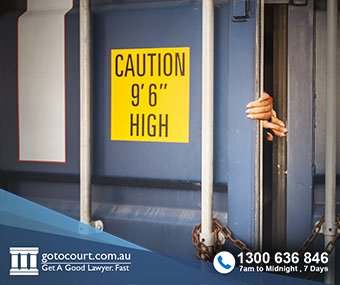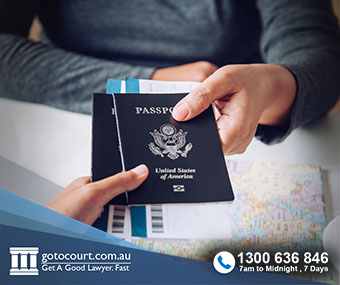Call our lawyers
now
or,
have our lawyers
call you
Skilled Migrant Visas
Updated on Nov 08, 2022 • 7 min read • 821 views • Copy Link
Skilled Migrant Visas
Skilled migrant visas allow skilled people to work and live in Australia. Subclasses of skilled migrant visas include the visa subclass 189, the visa subclass 190 and the visa subclass 489. All of these via subclasses require an applicant to demonstrate that they have particular skills that are needed in Australia, and that they are of good character and good health. This article deals with the different classes of skilled migrant visas.
SkillSelect is Australia’s General Skilled Migration program. It is a points-based system and is the most popular visa application pathway for skilled workers. SkillSelect allows you to apply for a permanent Australian visa, such as a Skilled Independent Visa subclass 189. You will need to have certain qualifications, work experience and language ability requirements to be granted a skilled migrant visa in Australia. Through the SkillSelect pathway, skilled workers of select occupations and professions can apply for Australian permanent residence on the basis of their skills alone. This means they do not need to be sponsored by an employer.
The Australian government changes the types of skilled occupations on the requisite lists from time to time. These changes reflect the shifting supply and demand for particular skills in Australia.
Skilled migrant visa subclasses
Under the Migration Act 1958 (Cth) and the Migration Regulations 1994 (Cth) visas are arranged in groups called subclasses. There are different types of skilled migrant visas, under a number of visa subclasses. The most widely known skilled migrant visas include the following:
Both of these visas are permanent residency visas.
As the name suggests, the Skilled Independent Visa subclass 189 is a visa that is available for applicants who do not require sponsorship by an employer, nor a state or territory government in Australia.
The Skilled Nominated Visa subclass 190 is available to applicants who meet the criteria to be sponsored by a state or territory government.
There is a temporary point-tested skilled migration visa which allows the holder to live and work in Australia for up to four years. This is the Skilled Regional Visa subclass 489 and requires sponsorship by either a state or territory government, or a relative living in a designated area.
Professions and occupations eligible for a skilled migrant visa
There are two skilled occupation lists that are relevant to skilled migrant visa applications. One is the Skilled Occupation List (SOL) which is relevant for applicants applying for the Skilled Independent Visa subclass 189 and the other is the Consolidated Sponsor Occupation List (CSOL) which is relevant to those looking at a Skilled Nominated Visa subclass 190.
Importantly, most occupations on the CSOL are reflected in the SOL. This means that a person looking at applying for a Skilled Nominated Visa subclass 190 can meet the points test for either the SOL or the CSOL.
Be aware, however, that states and territories have their own skilled occupation lists. It is important to check the specific lists of your chosen state or territory to ensure you can be successfully nominated.
How do you obtain a skilled migrant visa?
Once you have identified which occupation is relevant to your qualifications and experience, you can begin the process of obtaining a skilled migrant visa.
The process to obtain a skilled migrant visa is similar across the different visa subclasses. The process is as follows:
- Obtain a skills assessment which positively shows your qualifications and relevant work experience to your nominated occupation;
- Ensure you have met the minimum number of points required at the time you intend to lodge your expression of interest. The Department of Home Affairs (DoHA) opposes additional points cut-offs for occupations where there is lower demand;
- Lodge your expression of interest through SkillSelect;
- Skilled Nominated Visa subclass 190 only: be nominated by a state or territory government. The process varies depending on the state or territory; and
- Once and invitation is received, you have 60 days to lodge an application for the visa through the SkillSelect portal.
At the time of writing, the DoHA advises that skilled migrant visas are taking three months to be processed. Depending on the circumstances and complexity of your application, this could be longer or shorter.
Skills assessment
In order to be granted a skilled migrant visa, a skills assessment is required. Skills assessments are conducted by assessing authorities. Each assessing authority will have its own requirements depending on the profession or occupation.
For most occupations listed in the SOL and CSOL, the applicant will need a university-level or trade qualification to be successful in their assessment.
Assessing authorities can only let you know if you have a positive assessment; they cannot advise you on whether your visa application will be successful or not.
Expression of interest
Before an application can be made, an expression of interest to the Department of Home Affairs (DoHa) must be submitted. DoHA requires that all expressions of interest should be completed using the SkillSelect portal online.
You may only nominate one occupation when you lodge your expression of interest. The nominated occupation must be the same occupation that was listed on your positive skills assessment. If you do not nominate the same occupation in your expression of interest as it is shown on your positive skills assessment and expression of interest, your visa cannot be granted. If this occurs, you will be required to undertake the expression of interest process again as this kind of error cannot be fixed through a Notification of incorrect answers Form 1023.
Once you have submitted your expression of interest, it will be stored in SkillSelect and remain valid for up to two years, unless withdrawn. If you meet the number of points required (and the caps have not been reached) for your nominated occupation, you will receive an invitation in the next invitation rounds.
More information about the invitation rounds, including the points required can be found on the Department of Home Affairs’ website.
Applying for the skilled migrant visa
After receiving your invitation, you will be able to log back into SkillSelect and submit an application for the visa subclass you have selected. The large majority of the details that were entered into your expression of interest will be carried across into your draft visa application.
Once you have completed the application, you will be required to pay the visa application charge. It is only upon payment of the visa fee that the DoHA will consider your application to be made.
Importantly, it is only at the stage of lodging and paying for the visa application will you be eligible for a Bridging Visa when applying while in Australia. Skills assessments and expressions of interests are not considered visa applications for the purposes of being granted a Bridging Visa.
Once lodged you will be required to attach electronic copies of your documents. To find out what is required, go to the DoHA’s document checklists for the Skilled Independent Visa subclass 189 and the Skilled Nominated Visa subclass 190.
Other requirements
You must undergo a medical assessment as proof that you do not represent a risk to public health and you must be of good character. This is usually determined by undergoing a criminal record check. You must also not have debts owing to the Australian government in the form of unpaid fines or tax owing.
If you require legal advice or representation in any legal matter, please contact Go To Court Lawyers.

Affordable Lawyers
Our Go To Court Lawyers will assist you in all areas of law. We specialise in providing legal advice urgently – at the time when you need it most. If you need a lawyer right now, today, we can help you – no matter where you are in Australia.How It Works







1. You speak directly to a lawyer
When you call the Go To Court Legal Hotline, you will be connected directly to a lawyer, every time.


2. Get your legal situation assessed
We determine the best way forward in your legal matter, free of charge. If you want to go ahead and book a face-to-face appointment, we will connect you with a specialist in your local area.


3. We arrange everything as needed
If you want to go ahead and book a fact-to-face appointment, we will connect you with a specialist in your local area no matter where you are and even at very short notice.

